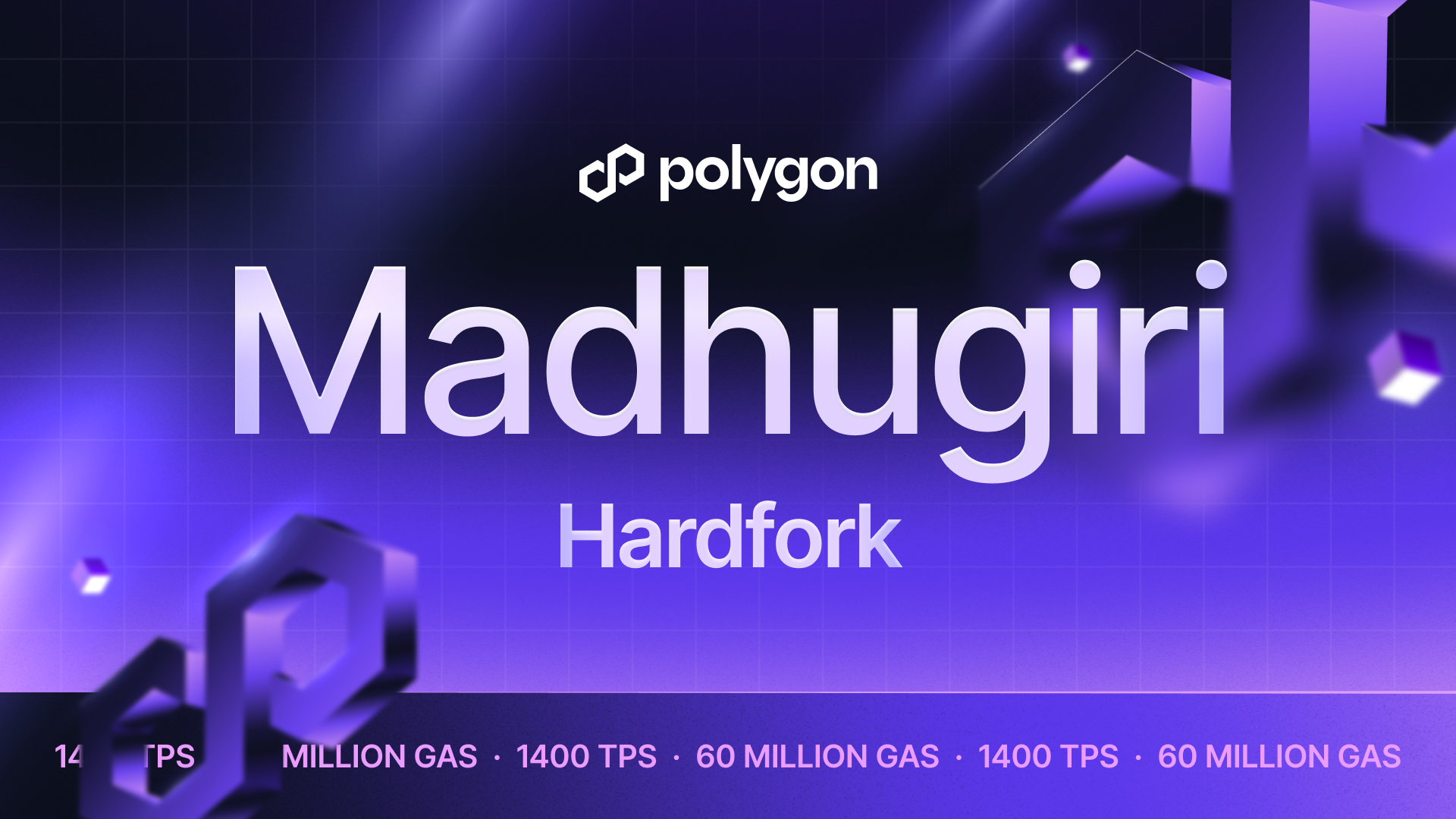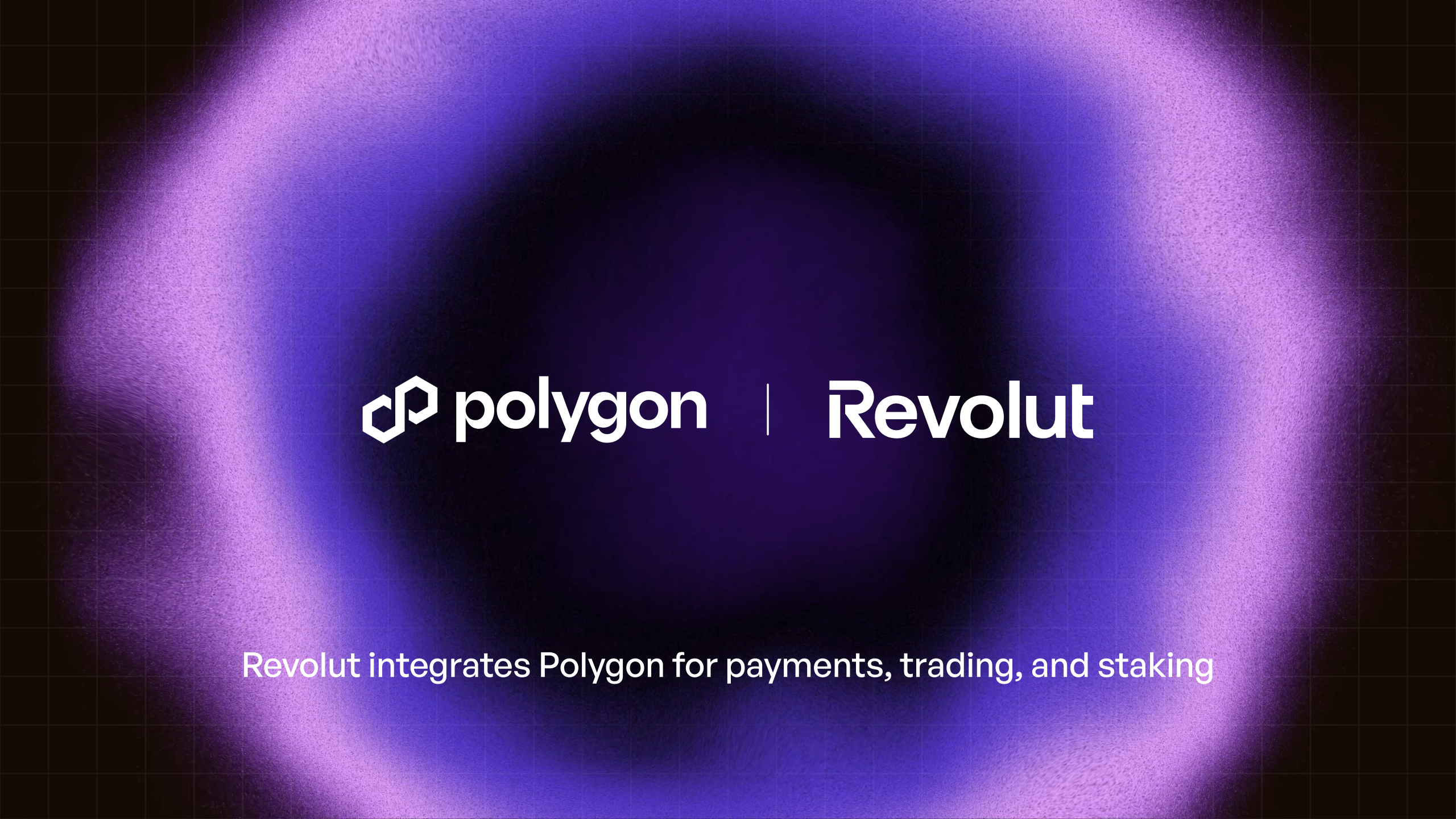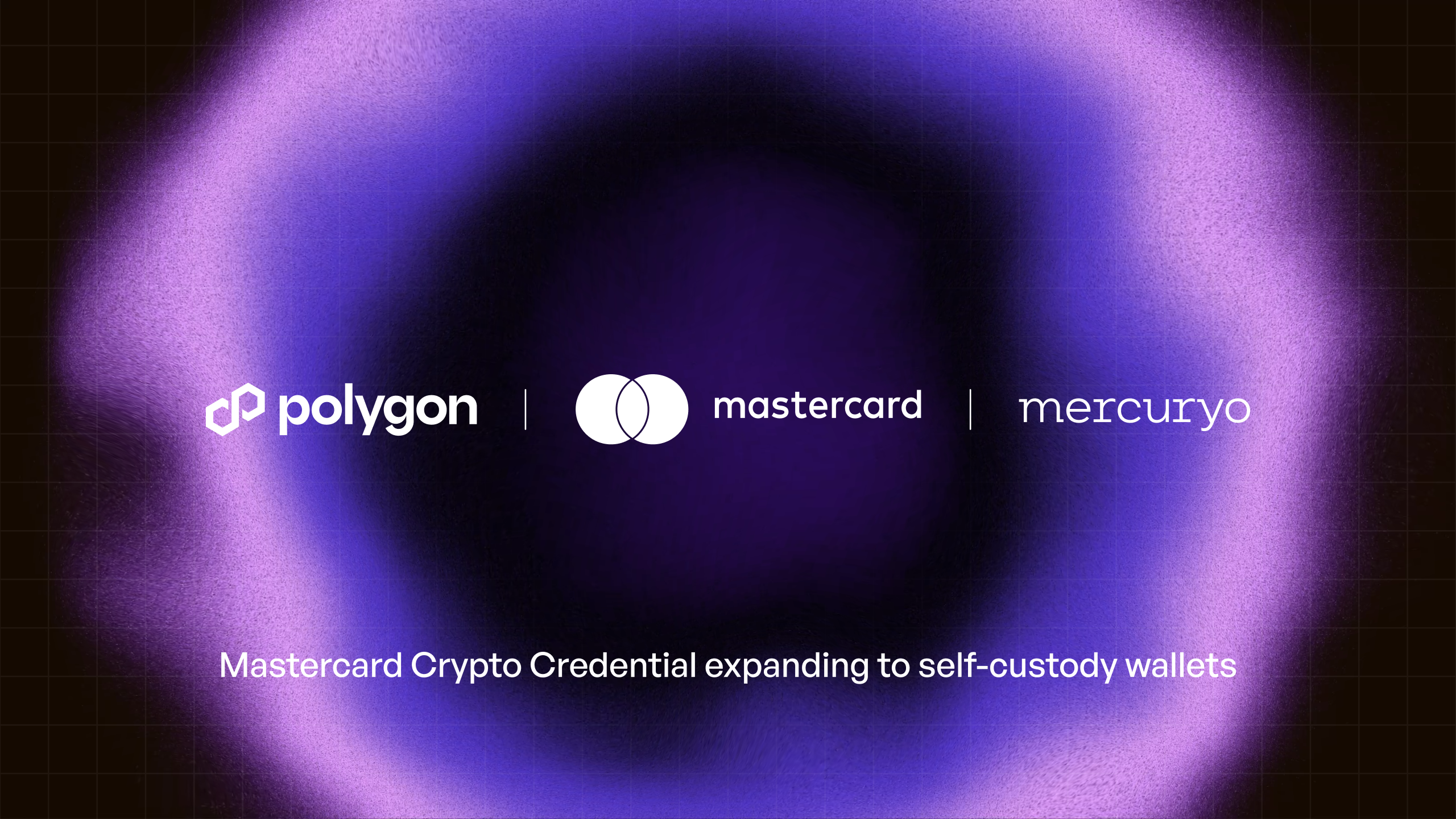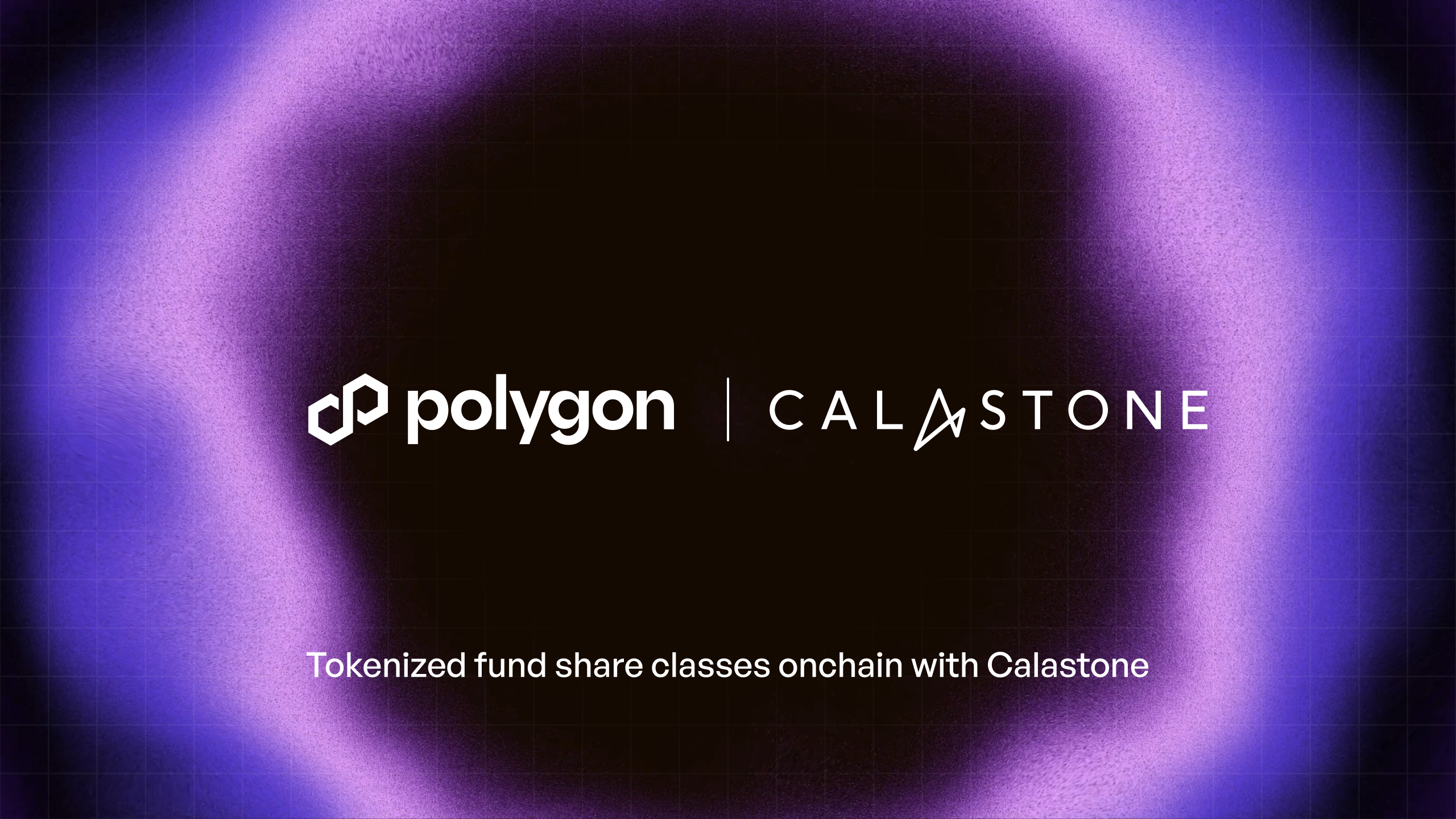4 Reasons Why Top VCs Invest in Polygon

In early February, Polygon reached a milestone when it raised about $450 million from some of the world’s biggest venture capitalists. In the three months since, the core team has made a number of major announcements and we wanted to assess how the progress stacks up against the general investment thesis of our biggest investors.
The funding round was led by Sequoia Capital India with participation from storied VCs including Tiger, SoftBank and Galaxy Digital, crypto-native funds like Variant and Republic, and prominent individual investors like Kevin O’Leary. So why did the world’s blue chip financial firms invest in Polygon?
Widespread Adoption
“Polygon’s ultra focus on cultivating developers was really impressive to us,” Tom Cheung, a partner with SoftBank Investment Advisers, said at the Building Web3 event last month. “Engineers love to build, and we don't bet against the engineers.”
Developer activity is the leading indicator of adoption for blockchain. Polygon’s skyrocketing popularity mirrored that of new applications in decentralized finance (DeFi) and non-fungible tokens (NFTs). There are now more than 19,000 decentralized apps (dApps) running on Polygon, according to Alchemy, the world’s leading Web3 developer platform. That’s more than a six-fold increase from October last year.
Source: Alchemy
Polygon PoS is now home to some of the biggest Web3 projects from DeFI protocols like Aave and Uniswap V3, NFT marketplaces OpenSea and Mark Cuban’s Lazy.com and Web3 gaming efforts including DraftKings, Animoca Brands’ The Sandbox and Decentral Games. That vibrant ecosystem is also one of the reasons enterprises like Adobe, Stripe, Telefonica, and Dolce Gabanna are choosing Polygon as their entrypoint to Web3.
Read more: Polygon Hits 19,000 DApps Milestone, Sixfold Growth in Half a Year
Full Suite of Solutions
"Polygon appears to be the default choice for building scalable blockchain applications,” Shailesh Lakhani, Managing Director at Sequoia Capital India, said on a panel at Building Web3. “With incomparable developer adoption and the most advanced technology, we believe Polygon has a shot to become the leading Ethereum Layer 2 scaling solution.”
Polygon is building a complete suite of solutions that is similar to what Amazon Web Services offers Web2 developers -- a tool for every possible use case and scaling at a click of a button. For Web3, Polygon PoS offers an execution layer with low fees and high transaction throughput secured by the Ethereum mainnet. Polygon Avail will deliver the general-purpose, scalable data availability piece of the puzzle. With Polygon Edge, projects can build application-specific blockchains from scratch or use the recently announced Supernets for plug-and-play custom networks secured by Polygon.
Polygon has also committed $1 billion to investments in zero knowledge (ZK) cryptography, a technology widely expected to make network congestion a thing of the past and help resolve issues around privacy. Polygon is now home to an unrivaled collection of ZK efforts. The portfolio includes a zkEVM being developed by Polygon Hermez, privacy-focused Polygon Nightfall rollup built in collaboration with EY, Polygon Miden’s general purpose STARK-based rollup and Polygon Zero team applying a technique called recursion to ZK proofs.
Polygon ID is one example of ZK tech powering real-world applications. The platform offers digital identity worthy of Web3 -- portable instead of app specific, controlled by the user instead of a corporation, and one which lives on the blockchain instead of a private database.
“Polygon's efforts in the ZK space are absolutely amazing,” Spencer Noon, Co-Founder and GP at Variant Fund, said on a panel at Building Web3. “If there's any ecosystem that's going to successfully launch this and bootstrap to real adoption, I'm quite confident it's going to be Polygon.”
Read more: Polygon’s Zero Knowledge Strategy Explained
The Team
“Engineers are unusual people, and I say that in a good way. And I like them very unusual,” Kevin O’Leary, Chairman of O'Shares Investments and O'Leary Ventures, said on a panel at Building Web3. “I got that from Sandeep [Nailwal, Polygon’s co-founder] and his partners in about 30 minutes. And that was my investment decision. They are an unusually good team.”
More and more people in industries ranging from finance and technology to journalism and entertainment are entering Web3 and Polygon has become a major destination for some of the top talent looking to build the next iteration of the Internet. The team has attracted experienced hires across all business segments, growing by about 20 people a month to over 250 strong.
One of the strongest signals that the Web3 era is upon us came when Ryan Wyatt left Google for Polygon. Wyatt, who for the past seven years helmed YouTube’s gaming operations, is now leading Polygon Studios in its push to grow the Web3 game developer ecosystem. Other hires hail from some of the world’s biggest tech companies including Microsoft, Amazon, Bloomberg, and Electronic Arts.
Read more: Here’s Why Web2 Talent Is Flocking to Polygon
Collaborative & Sustainable
Ethereum is a highly decentralized, transparent and accountable blockchain. But it is also a mesh of overlapping communities of developers and builders, mentors and educators, active participants and passive users. Together with Ethereum, Polygon has been hard at work to make it possible for the next billion users to join Web3.
As part of that mission, Polygon spearheaded the creation of Ethereum Adoption DAO (EAD), aimed at pushing the adoption and implementation of new innovative projects. EAD is a community dedicated to supporting education of future builders, formation of new projects and development of public goods and unicorns on the Ethereum ecosystem.
At the same time, the core team is not blind the broader context of what technological progress has meant for the planet. That’s why Polygon is retroactively eliminating all of the network’s carbon debt and going carbon negative in 2022. Polygon has teamed up with KlimaDAO to buy $400,000 worth of carbon credits and also pledged $20 million in funding to community initiatives and technology projects that combat climate change.
Read more: Our Green Manifesto
There is a lot more coming this year. So keep up with the latest news on the Polygon blog and be a part of our social ecosystem!
Website | Twitter | Ecosystem Twitter | Developer Twitter | Studios Twitter | Telegram | Reddit | Discord | Instagram | Facebook | LinkedIn





.jpg)
.jpg)
.png)

.png)






%20(1).png)
